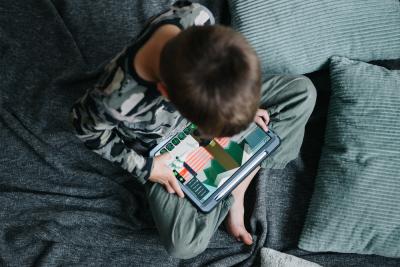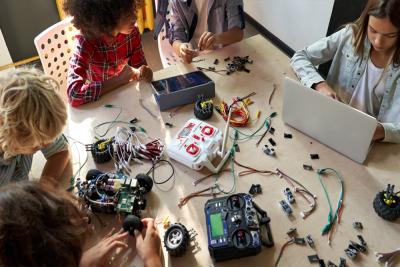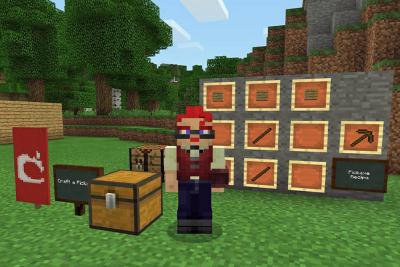8 Easy Tips To Improve Concentration In Kids

Amid the constant bombardment with new technology and information in today’s world, children find it increasingly difficult to concentrate on tasks.
However, concentration is one of the most important skills for children, helping them to perform better both in school and in all other areas of life.
Just as our bodies need exercise to stay strong, so do our minds. Keeping an active mind is an important part of a child's development. If a child's brain is not ready to learn, he or she will not be able to learn as well or fully grasp the concepts they need to know in school.
However, we sometimes forget that our children spend all day in a classroom where there are approximately thirty other children and where individual attention is in short supply. Therefore, it can be helpful to provide children with tools and guidance to help them focus on their tasks.
Here are 8 simple tips to improve children's concentration:
1. Make a To-Do List
Make a list of chores that need to be done and write them down so that children can see them in order as they go along and don’t miss anything. Before starting a new task on the list, give the children a few minutes of rest and be sure to praise them. Just a hug or a kind word will make your child happy and eager to continue with the next activity.
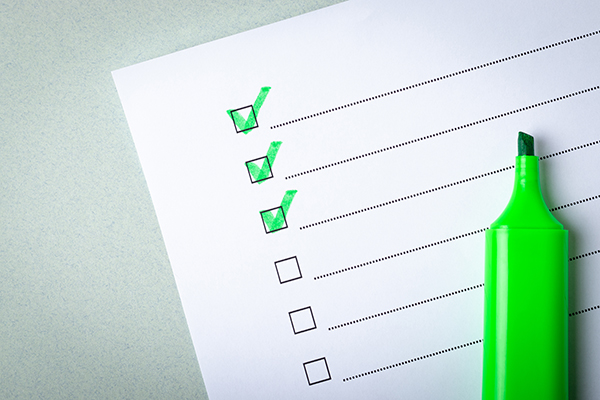
2. Focus on Their Senses
Children's attention span is very short. Encourage them to engage all of their senses. Play games that involve touching and playing with different textures or direct them to look around the room and observe what they see and hear.
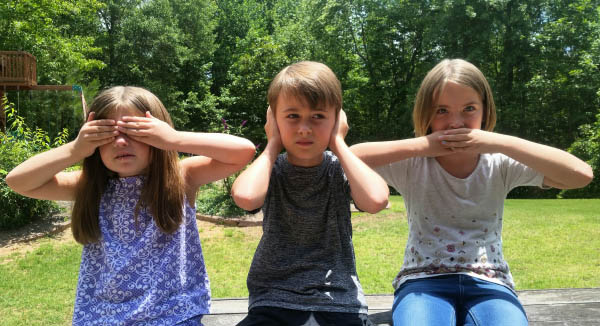
3. Discover Your Children's Method of Learning
Closely related to the senses are the different learning styles. We have three main styles of learning - visual, auditory and kinesthetic.
It is important for children with a visual method of learning to see new information. Working with pictures and color highlighting is preferred.
Children with the auditory method of learning need to hear it. They can remember information better if someone else tells it to them rather than reading it in a textbook, for example.
Children with a kinesthetic method of learning need to be on the move when acquiring new information. They remember things best when they can try them out for themselves.
4. Divide Larger Tasks into Smaller Sections
A large task requires too much concentration and discipline, so it would be a good idea to break it down into smaller tasks. This can be applied to schoolwork and homework. Completing small tasks that lead to the accomplishment of a large and significant task makes the task less daunting, but still gives a sense of progress and development.
5. Combine Concentration with Fun
If a child enjoys something, he or she will concentrate better on that thing. Use some sort of educational game. Explaining concepts to children through games has been shown to increase their concentration and interest in what they are doing.
You can use our online courses for this purpose, where children learn primarily through their favorite games.
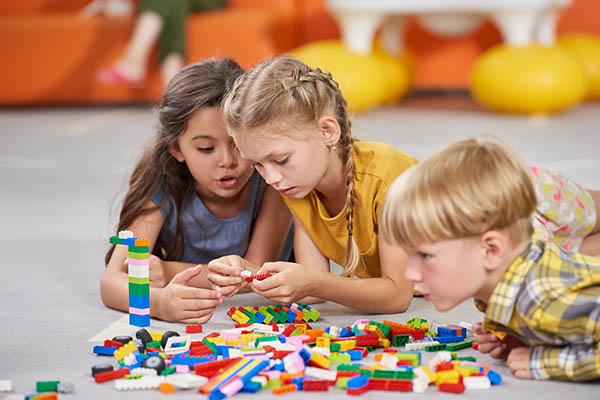
6. Learn with Your Children at the Same Time Every Day
If you repeat an activity every day at the same hour, it becomes a routine. Provided the child concentrates at that hour every day, the brain will know it is time to study and the child will be more willing to concentrate.
7. Give Your Child a Good Night's Sleep
The prize in the battle for children's concentration is quality sleep. For children ages 5-11, we're talking about 10 to 12 hours of sleep each night. Establishing a bedtime routine can make putting them to bed much easier.

8. Ensure Plenty of Physical Activity
Children are full of energy and bursting with life. To help them discharge the energy that distracts them from focusing, you should schedule games that involve running or playing sports.
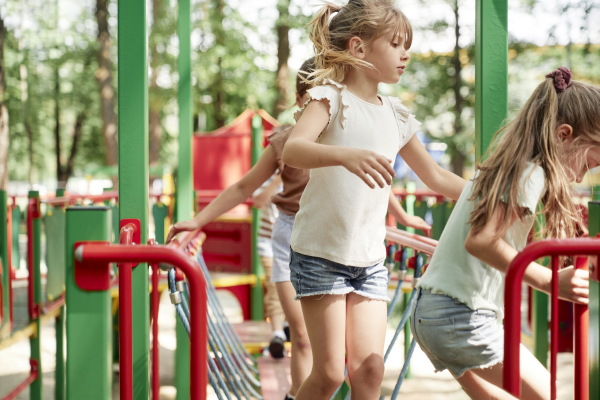
Final Thoughts
Don't forget who your children's role models are. Parental attention affects the attention span of children, who learn primarily by imitation. If you yourself suffer from a lack of attention and tend to multitask or have issues completing tasks on time, your child may imitate you.
If you've tried all of these methods but want to do more for your child, sign them up for our online courses where we use proven and safe technology to focus on your child's innate learning methods and teach them strategies that improve focus, reduce distractibility and increase overall attention.




